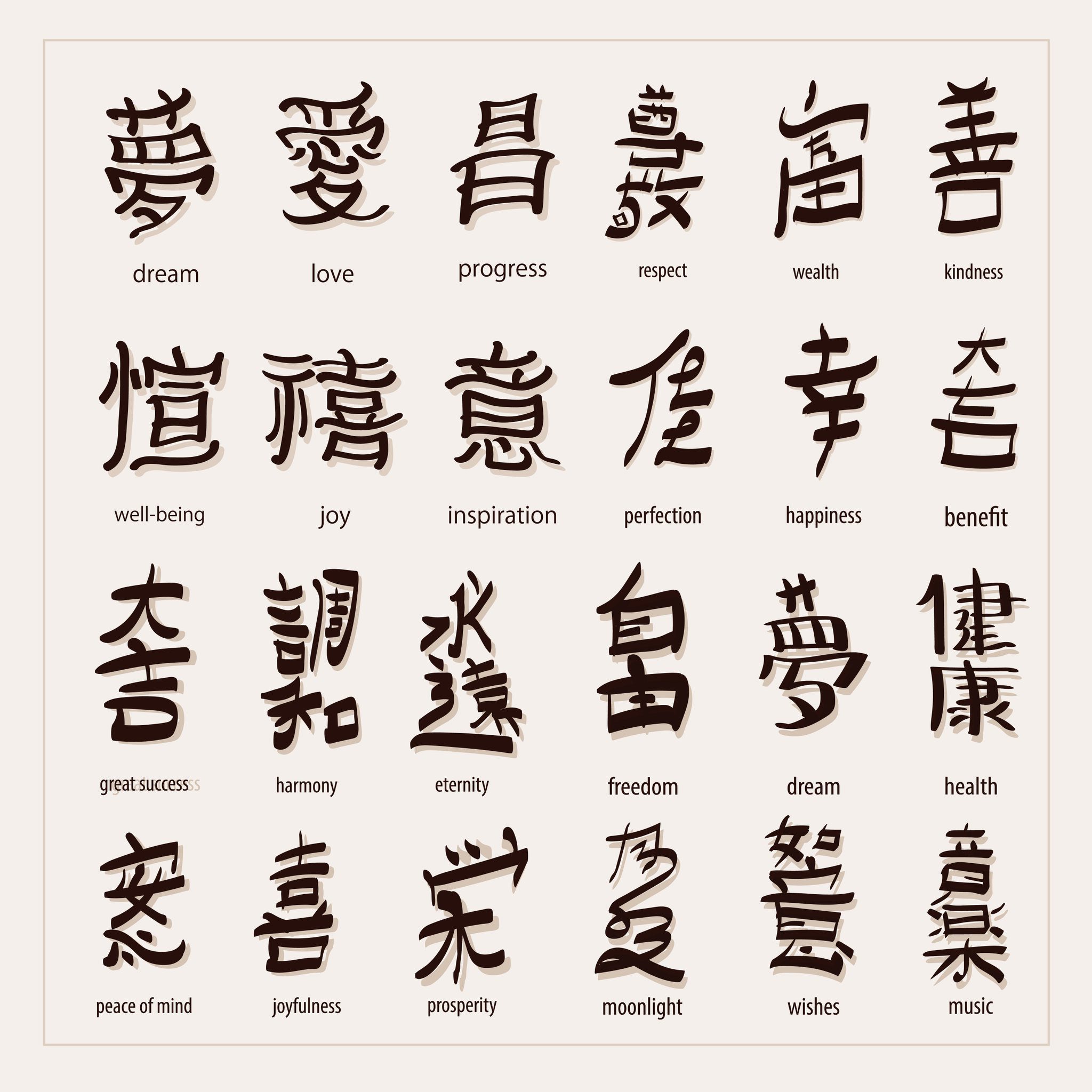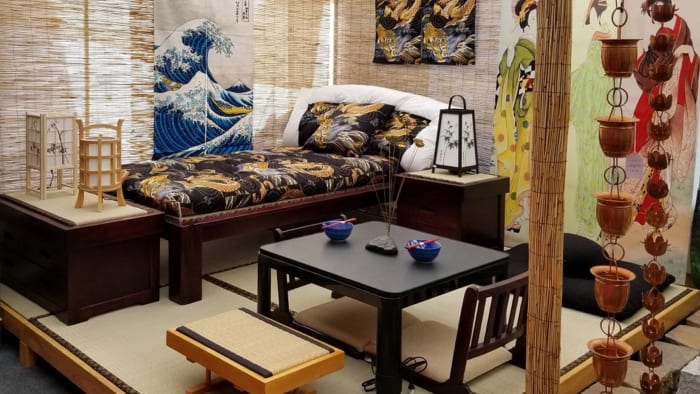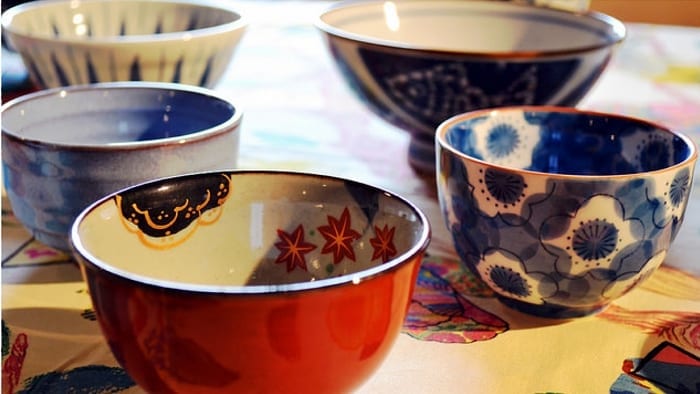The concept of gift-giving is fairly simple – you give someone a token of appreciation during special occasions, such as weddings, birthdays, Christmas, Valentine’s Day, and the like. You may also opt to give people close to you gifts for no apparent reason other than you want to, or you think they deserve a reward for a job well done. There are no hard and fast rules for gift-giving, but your gift must be something that the recipient will appreciate and appropriate for the occasion.
The Japanese are admired all over the world for sticking to their traditions. Their gift-giving customs are part of their rich and colorful culture and, as with all their other traditions, are unique and fascinating.
Japan’s Unique Gift-giving Traditions
In Japan, the gift-giving process – a common part of the Japanese culture – is meticulous. There is a specific type of gift for different occasions, with special attention given to how it is wrapped. Generally, gifts that come in sets of four are off-limits because the number is considered unlucky, as it shares the same pronunciation as the Japanese word for “death.” Additionally, both the giver and the recipient must use both of their hands when the present is being handed over, as it is bad luck not to do so.
Some of their traditional gifts include the following:
Omiyage
Omiyage are gifts or souvenirs that a person who recently came from a trip brings home to their friends, relatives, and co-workers. It does not matter if the trip is to another country or a neighboring province, or whether it is a long or short trip – omiyage required, and while it does not necessarily have to be grand, you must make it in the place you traveled to.

Furoshiki Cloth Gift Wrap
Temiyage
Temiyage, on the other hand, are thank you gifts that are given to hosts when they are visited. Foreign visitors are not required to bring gifts, but the gesture is very much appreciated when they do. You can bring food and other products that are unique to your home country.
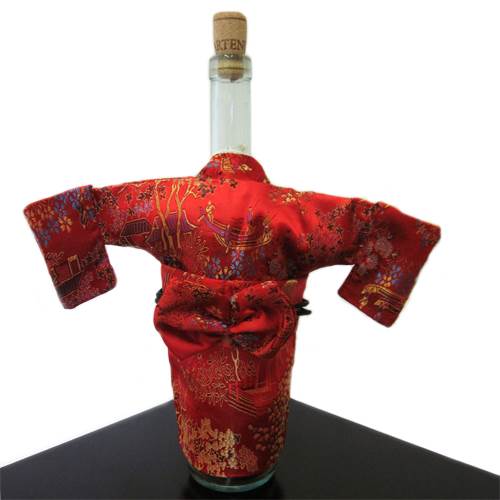
Wine Bottle Cover, Kimono
Ochugen and Oseibo
The Japanese look forward to June and December. It is customary for co-workers and family to exchange presents. These gifts are worth 5000 yen on average. The gift-giving coincides with the giving out bonuses to employees.
Oseibo is given towards the end of the year by employers to their bosses as a token of appreciation and gratitude.
Otoshidama
Otoshidama, or a packet of money, is typically given to children on New Year’s Day. This is the traditional present given on the first day of the year, instead of the sweets or toys that children from Western countries receive.
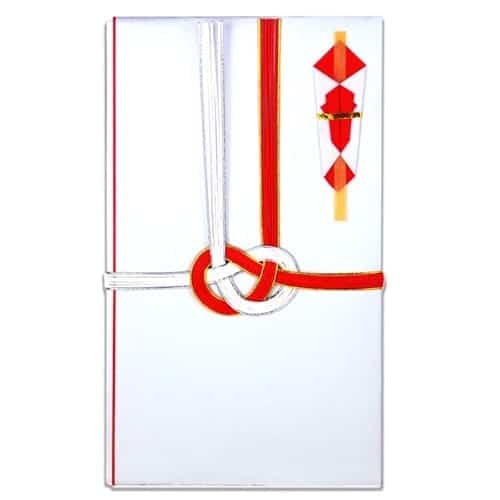
Japanese Money Envelope, Shugi Bukuro
Weddings, birthdays, and funerals
While it is customary in Western countries to give presents during these occasions, it is much more preferable to give money, depending on how closely related you are. Money is presented in a noshibukuro, a special envelope that is tied with a cord. You must choose the envelope carefully. In fact, you do not want to give money in an envelope that is meant for newlyweds to your friend.
If you are unsure of what gift to give, it is best to consult with a Japanese friend. The Japanese might do approach gift-giving differently, but it’s the thought that counts. Feel free to email us with your gift-giving questions and personalized advice!

